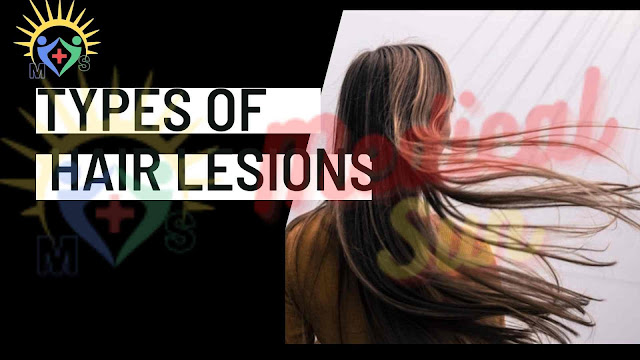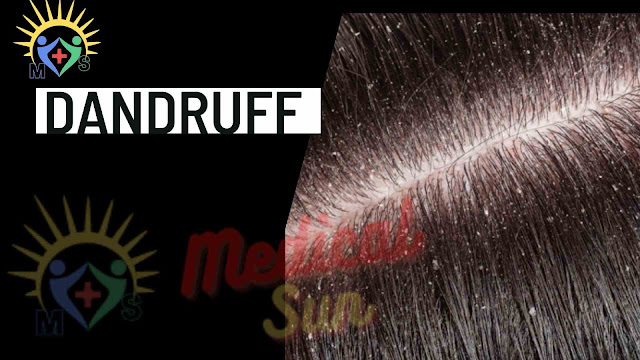Shiny, beautiful, well-groomed hair beautifies and is a sign of health.
However, keeping them in this state is not easy. Indeed, the hair is affected by many aggressive environmental factors (air pollution, scorching sun, frost) and the state of the body itself affects.
Hair loss
One of the most common problems is hair loss, or alopecia, which can lead to baldness. Androgenic alopecia often occurs in men. It is caused by the effect of the male sex hormones androgens on the hair follicles. It is the location of the follicles that are sensitive to androgens that explains the characteristic form of male baldness. Another form of baldness - alopecia areata - can occur in men, women and children. At the same time, rounded areas devoid of hair appear on the head, and sometimes on the eyebrows or beard. The nature of this type of baldness is still not fully understood.
Seborrhea
Another problem that affects not only the hair and scalp, but also the entire skin rich in sebaceous glands (face, skin folds) is seborrhea_. In this disease, which often occurs during puberty, the sebaceous glands produce an increased amount of sebum, which also has a "wrong" composition. As a result, the hair quickly becomes oily, thinner, and begins to fall out. In addition, there is an abundance of dandruff. Skin lesions can vary depending on the form of the disease.
Dandruff
Dandruff_ is perhaps the most common problem that can occur in men, women, and children. According to statistics, 30% of the world's population has dandruff, and 50% have suffered from it at least once in their lives. The direct cause of dandruff in most cases is a fungus, but the factors causing its increased reproduction can be very diverse. This is seborrhea, and reduced immunity, and chronic infections, and hormonal disorders, and even improper hair care.
For any problems with hair, you should contact a dermatologist, or a more narrow specialist - a trichologist. The doctor will determine the health of the hair, help to recognize their dependence on the internal problems of the body, and prescribe treatment.
Seborrhea treatment
For seborrhea, treatment begins with specialized shampoos, creams, or lotions. The choice of the remedy, first of all, depends on the location of the lesion ( seborrhea of the scalp or body). If their use does not work, the doctor will recommend trying the following options:
- anti-inflammatory creams, ointments, shampoos, which include corticosteroids. They are effective and easy to use, but long-term use can cause serious side effects.
- antifungal shampoos are used to treat scalp seborrhea. They vary in composition, but the most common are ketoconazole or clobendazole.
- antifungal pills are used, but they can cause serious adverse reactions
- creams and lotions containing immunosuppressive components (calcineurin, pimecrolimus, tacrolimus) are used for skin seborrhea. These drugs have fewer side effects than glucocorticoids, but they can cause skin cancer
- antimicrobial creams or gels that are prescribed to combat secondary microflora
- photochemotherapy.









0 Comments